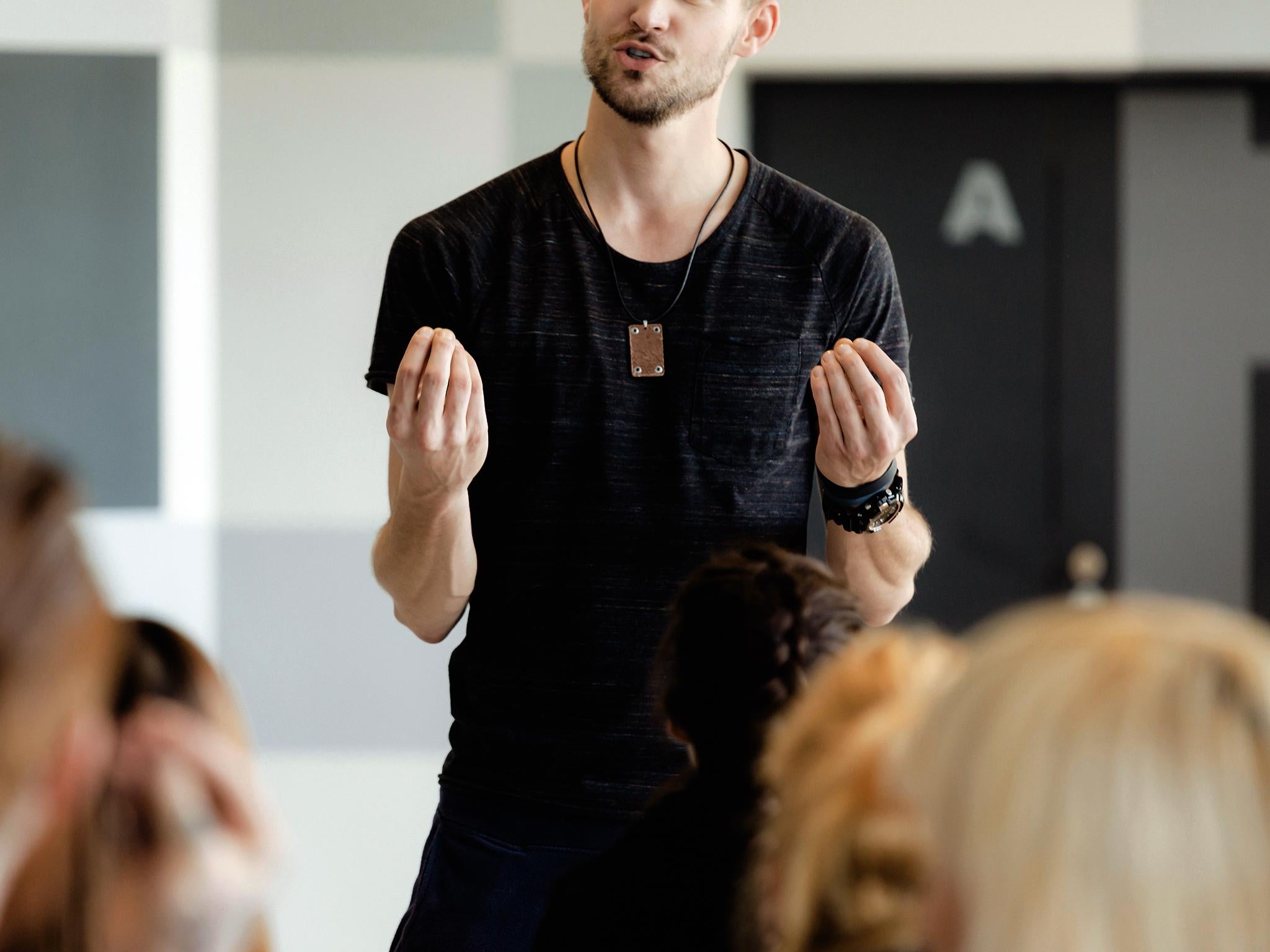Pre-suasion: How to influence people to give you a job, according to a psychologist
Influencing people isn't only about what you say in the moment, suggests Professor Robert Cialdini

Whether you’re trying to score a new job or give the hard sell in a business meeting, the key to persuasion is as much about timing as the message itself, according to a top psychologist.
Robert Cialdini, Professor Emeritus of Psychology at Arizona State University, describes this process as "pre-suasion", which is also the title of his latest book.
The text builds on his pioneering text Influence, which was released in 1984 and sold three million copies worldwide. In it, he lays out the six key principles of influence. “Reciprocity” is the idea that people return a favour, hence why retailers give out free samples, and “commitment and consistency” suggests that we are more likely to honor an idea if we agree to it out loud or in writing.
The third tenet is “social proof”, in that most of us will repeat the actions others, followed by "authority" whereby people obey figures higher up the food chain even if what they are asking them to do is objectionable. “Liking” describes how people latch on to the same things are their peers, while lastly “scarcity” - seen in “limited time only” sales posters - is used to generate demand.
8 well paid jobs that don't require a degree
Show all 8“When I first wrote Influence I tried to identify six universal principles of influence who move people in our direction if we include them in a communication, and my view is those six motivators of change haven’t changed over the years,” he told The Independent.
In his new book, he introduces the idea of timing to the ideas of influence and pushes them into the digital age. With the rise of social media and review websites, social proof has taken on a greater importance, he says.
“Whereas Influence focused on what a communicator can put in a message to move people in his or her direction, Pre-Suasion looks at what a communicator can put in moment before delivering the message, so that the audience becomes more open or receptive to the message they haven’t yet encountered.”
These theories can be used to tempt shoppers and consumers, but also in selling oneself at a job interview, he explains.
“What we have been taught to say to the interviewer is ‘thank you for inviting me, I forward to answering all of your questions.' Here’s what I recommend from a standpoint of persuasive orientation. We should in addition say but ‘before we begin I wonder if you can answer a question why did you invite me? What was it about my candidacy that is attractive to you?’. What you will have done pre-suasively is to focus the evaluator’s on the features of your resume that are most attractive to them.”
An acquaintance, he claims, has gotten three jobs using that technique. "It makes you seem different than most candidates and self-assured, and like someone who isn’t just going to be controlled by the situation but also participate in the exchange in a way that bespeaks your capabilities."
But we can als pre-suade ourselves, he argues, by switching our minds on to positive thoughts and recalling a time that we have created a successful outcome in a situation before stepping into an interview.
“Research shows people are more highly evaluated in an interview if they do this, because it fills you with the memories of your success and you go in more confident," he says.
Since Pre-Suasion was released in late 2016, the most memorable letter of thanks from a reader came from a father who helped his son to raise money for the Boy Scouts.
"They were trying to raise money outside a supermarket with a table. As people exited they asked if they would like to buy some popcorn. They were getting miserable results, only 15 per cent of people were willing to do this after all they had just been in a supermarket they had already spent their budget. But then he read Pre-Suasion and remembered that you have to identify your principal goal first and then go to the moment before you make the request and raise the consciousness something associated with that goal. So he changed his approach.
"When people came out from the supermarket he asked them ‘do you support the Boy Scouts?’ Of course people said yes. He then asked 'would you like to buy some popcorn to support them?' and they got 85 per cent of people either buying popcorn or saying I don’t want any but here's a few dollars for the Boy Scouts."
For those feeling a little uncomfortable using marketing tactics to sell Boy Scout popcorn or sell themselves in an interview, Dr Calinidi is quick to add that ethics is key to his approach: after all, those selling any old junk will be found out in the end. "It’s important to use these approaches exclusively and incessantly ethical ways," he urges.
"That’s crucial to establishing our position as a credible source of information - not just in a particular situation but in that situation and beyond."
Subscribe to Independent Premium to bookmark this article
Want to bookmark your favourite articles and stories to read or reference later? Start your Independent Premium subscription today.

Join our commenting forum
Join thought-provoking conversations, follow other Independent readers and see their replies